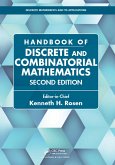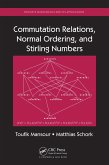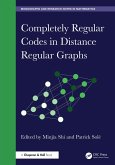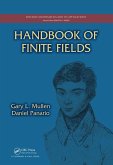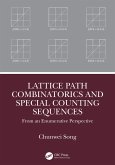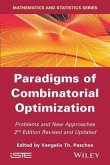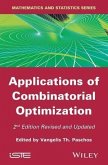The interplay between combinatorics and theoretical physics is a recent trend which appears to us as particularly natural, since the unfolding of new ideas in physics is often tied to the development of combinatorial methods, and, conversely, problems in combinatorics have been successfully tackled using methods inspired by theoretical physics. We can thus speak nowadays of an emerging domain of Combinatorial Physics. The interference between these two disciplines is moreover an interference of multiple facets. Its best known manifestation (both to combinatorialists and theoretical physicists) has so far been the one between combinatorics and statistical physics, as statistical physics relies on an accurate counting of the various states or configurations of a physical system. But combinatorics and theoretical physics interact in various other ways. This book is mainly dedicated to the interactions of combinatorics (algebraic, enumerative, analytic) with (commutative and non-commutative) quantum field theory and tensor models, the latter being seen as a quantum field theoretical generalisation of matrix models.
Dieser Download kann aus rechtlichen Gründen nur mit Rechnungsadresse in A, B, BG, CY, CZ, D, DK, EW, E, FIN, F, GR, HR, H, IRL, I, LT, L, LR, M, NL, PL, P, R, S, SLO, SK ausgeliefert werden.
Hinweis: Dieser Artikel kann nur an eine deutsche Lieferadresse ausgeliefert werden.



